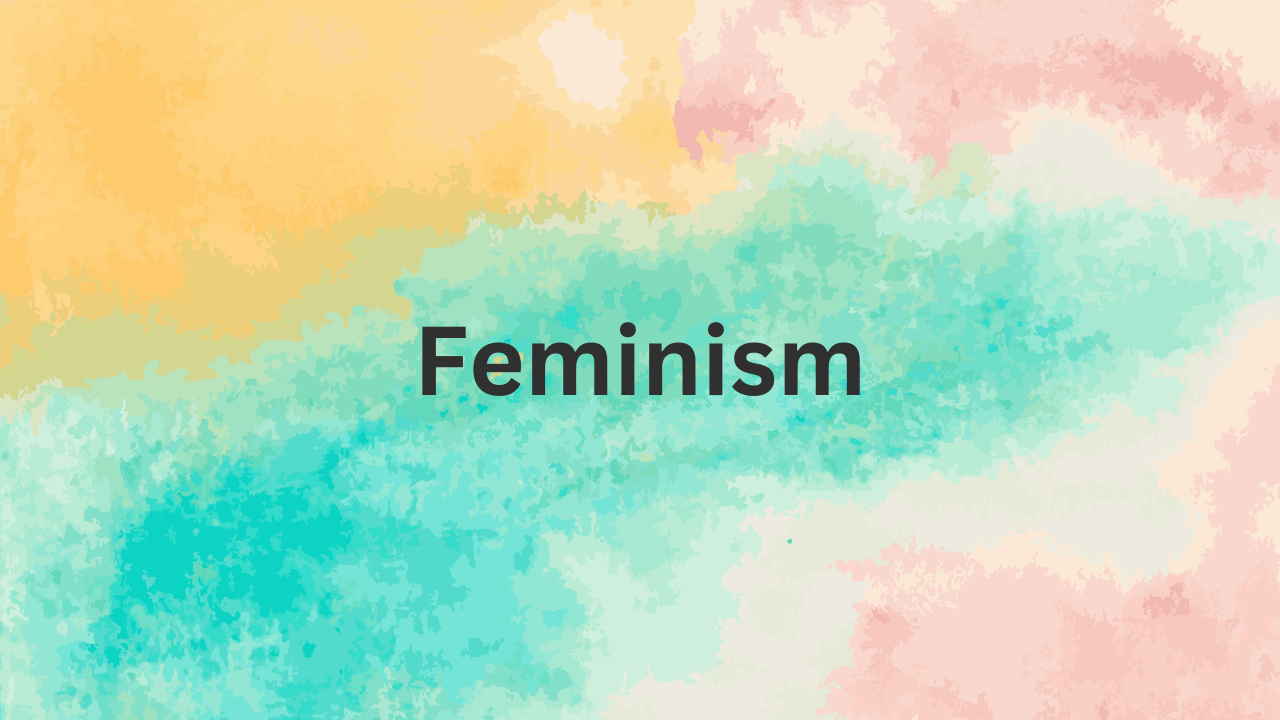When you hear the word feminism, do you think of protest signs and fiery speeches? Well, in literature, feminism has its own unique flair. It’s not all about rally cries (though that can be part of it!)—it’s about pushing boundaries, questioning the way women are portrayed, and making sure women’s voices are loud and clear on the page.
So, What is Feminism in Literature?
In simple terms, feminism in literature refers to works that highlight women’s experiences, challenge gender norms, and examine the power dynamics between men and women. But it’s not just about writing books with female protagonists (although that’s a start)—it’s about giving women a platform to explore their own lives, desires, and struggles, while also critiquing how society limits them. It’s like literature’s way of saying, “Hey, let’s rethink how we portray women, okay?”
The Beginnings of Feminist Literature
Feminist ideas in literature didn’t just pop up out of nowhere—they evolved. Before feminist theory was even a thing, women writers were quietly (and sometimes loudly) rebelling against the idea that men were the only ones worth reading about. Writers like Mary Wollstonecraft, with her groundbreaking work A Vindication of the Rights of Woman (1792), started challenging the idea that women were intellectually inferior. You could say she set the literary ball rolling for future feminists.
The Key Themes of Feminism in Literature
- Breaking Down Gender Roles: Feminist literature often takes a hammer to the idea that men and women should behave in certain ways. In these works, you’ll find characters defying stereotypes and showing that women can be more than just the “damsel in distress” or the “nurturing mother.” They can be heroes, villains, intellectuals, and adventurers.
- Challenging Patriarchy: Feminist literature frequently asks: Who’s in charge here, and why is it always men? These works explore how power structures keep women in submissive roles and call for change. Whether it’s a female character standing up to male authority or a whole society that subjugates women, feminist literature doesn’t shy away from a fight.
- Women’s Voices and Experiences: Feminist literature gives voice to women’s stories—stories that have often been left out of mainstream literature. It’s about showing what life is like from a woman’s perspective, focusing on female experiences, emotions, and struggles that aren’t often depicted in traditional works.
- Intersectionality: Modern feminist literature also digs deep into intersectionality—the idea that women’s experiences aren’t all the same. Race, class, sexuality, and other identities all shape how women experience the world, and feminist literature recognizes this diversity, offering a broader spectrum of stories.
Famous Feminist Writers
- Virginia Woolf: In A Room of One’s Own, Woolf eloquently argues that for women to write, they need financial independence and literal space to think. She’s considered a feminist icon for exploring how the restrictions placed on women’s creativity and freedom affect their intellectual lives.
- Toni Morrison: Morrison’s novels, like Beloved, don’t just challenge gender roles—they tackle the intersection of race and gender. Her deeply emotional and intricate storytelling highlights the struggles Black women face in a world dominated by both sexism and racism.
- Margaret Atwood: Atwood’s The Handmaid’s Tale is a chilling vision of a dystopian future where women are valued only for their ability to reproduce. It’s feminist literature that doubles as a warning about the dangers of stripping away women’s rights—a message that feels more relevant with every passing year.
Feminist Literary Criticism: Looking Beyond the Page
Feminism in literature isn’t just about the stories themselves; it’s also about how we analyze literature. Feminist literary criticism takes a magnifying glass to books, asking questions like, “How are women portrayed here?” and “Does this reinforce outdated gender stereotypes?” It’s about rethinking how we read and understand texts, making sure that female voices aren’t just side notes in the male-dominated canon.
Critics also explore how language and plot structures reinforce gender hierarchies. They question why certain stories about women are considered “less important” than those about men and challenge why so many women in classic literature are depicted as submissive or in need of rescue.
Why Does Feminism in Literature Matter?
Well, for starters, it opens up the literary world to more perspectives. Feminist literature allows readers to engage with stories that might have been ignored or suppressed for centuries. It challenges readers to think critically about the roles women play in both real life and fiction, and why those roles have been so limited. Plus, it’s not just about women—it’s about creating a more inclusive, equal society, where all voices get a seat at the table.

Thanks a ton for taking the time to read! Your feedback keeps us focused on creating valuable content.